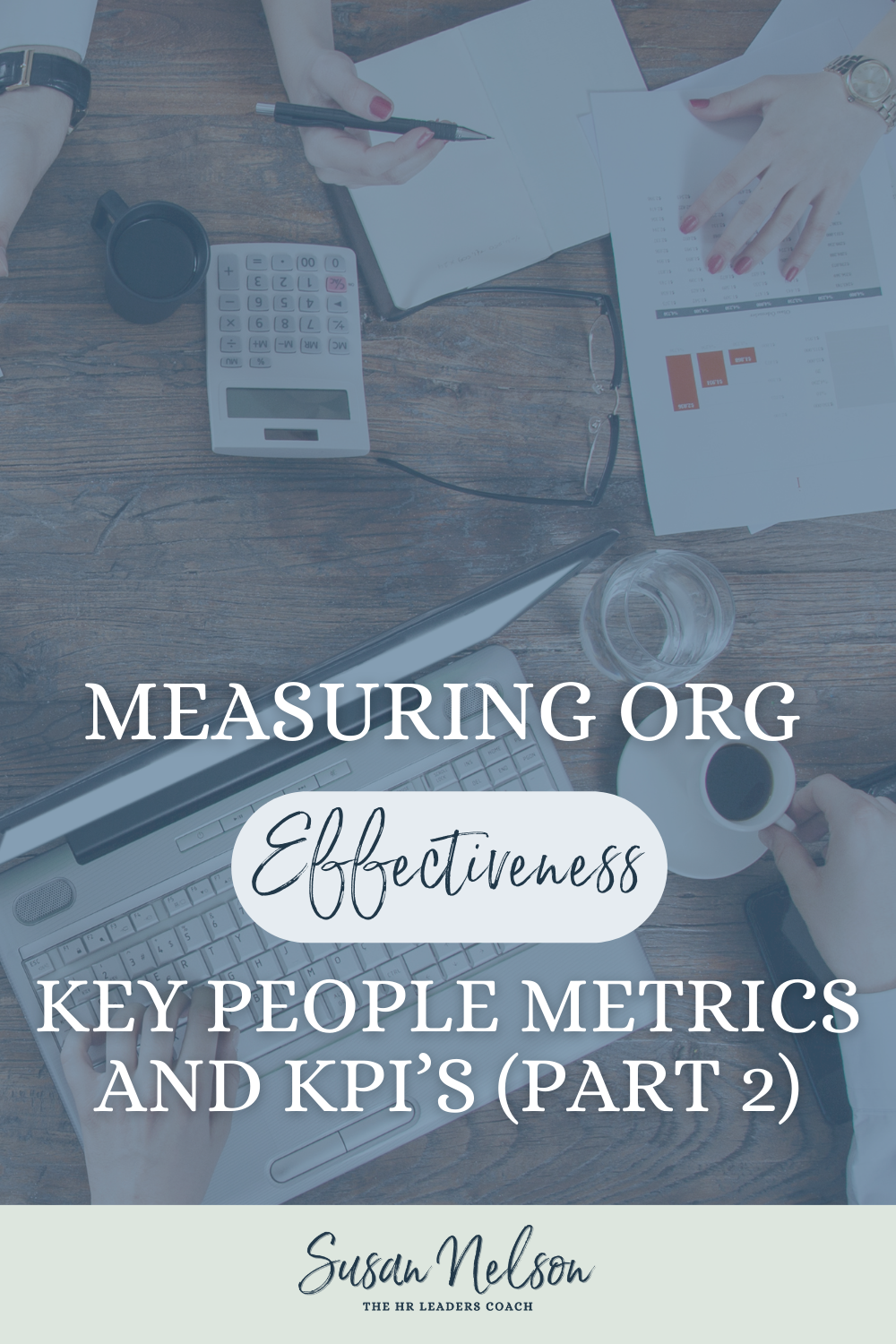The Power of Compassion
Welcome!
I’m Susan. I help leaders and organizations increase their impact, confidence, and results through coaching and unique people strategies and programs that wow employees and boost business!
Compassion is key for getting through difficult times such as these. Showing compassion not only allows you to feel better, but it helps those around you to feel better, too. Cultivating compassion is a worthwhile goal at any time, but is especially important now. It’s a significant part of being human and can make you more grateful for the many good things you already have in your life.
Compassion boosts the immune system, reduces anxiety, and it’s the easiest way to keep our hearts open to others. Some measure of fear is a healthy response to a contagious virus, of course, but we want to respond in a wise manner – with preventive measures that benefit ourselves and others.
How can we be more compassionate?
1. Start with intention.
Each day, simply have the intention of being compassionate and showing compassion to everyone you encounter. Make it a part of your morning ritual to remind yourself to be compassionate. Some ideas:
Exercise greater patience with family members who may be adjusting to working from home or struggling to balance a full-time job with homeschooling children.
Check-in on elderly neighbors or others who are at high risk to see what help they may need
Smile and wave to the person you pass (from a safe distance) on your morning walk/run to spread some cheer. Who knows, you may be the only person they encounter that day...
Before you go to sleep at night, reflect on how you were compassionate or failed to show compassion that day. Remind yourself again to be compassionate the next day.
2. Focus on the similarities you share with others.
Human brains are great at spotting differences. However, we have to make a conscious effort to spot the similarities.
When you find yourself feeling frustrated with someone, try to list as many things as you can that you share in common.
Remember that all humans are similar in the ways that matter. For example, we all need love, attention, happiness, affection, food, and shelter.
3. Be empathetic.
With everything happening in our lives, it’s easy to focus on ourselves and ignore the plight of others (think of those who have hoarded essential foods, disinfectants, and toilet paper over the past few weeks). Consider the similarities that others share with your loved ones. Now imagine your loved one is suffering.
If you can see another person as being similar to your loved one, it will become easy to be sensitive to their suffering.
Keep in mind that another person is someone else’s loved one.
How would you want your loved one to be treated during a challenging time?
4. Be compassionate with yourself.
You might have noticed that the least compassionate people are those that are the hardest on themselves. If you won’t give yourself a break when you need it, you’re less likely to do it for someone else. This is especially critical during crises that cause us anxiety, limit our ability to work or travel, reduce income, or cause illness.
Appreciate yourself and the challenges that you’ve experienced in your own life, currently or in the past. You’ll become more capable of doing the same for others, too.
Recognize that time you spend on yourself is time well spent. Refrain from viewing it as an act of selfishness. You’re just as important as anyone else and, if others depend on you, you need to be sure to fill your bucket.
Let go of needing to be perfect. This pandemic is new and unchartered territory for all of us. Nobody’s perfect, so it’s a game that can’t be won. If you stop demanding perfection of yourself, you stop requiring others to be perfect, too.
5. Be fully present with others.
The ultimate kindness is to be 100% present with someone. It’s also a great time to practice being mindful. Be supportive and a good listener without thinking any stray thoughts or being distracted by technology (put the phone down!). Especially now...as you check on friends and loved ones via video chat, ask how they are doing and then actively listen to their response to see how they are coping physically and mentally and what support they may need. It’s not always easy to stay in the moment when someone is hurting, but you’ll be a better person for it.
Being compassionate is not only necessary right now, but it's also a gift you give to yourself. When you’re kinder to others, you learn to be kinder to yourself. You also encourage others to take an interest in your life and to direct compassion back in your direction.
A wise person once said, “Human history goes through cycles of expansion and contraction, but the periods of expansion are longer than the periods of contraction. The expansion periods are longer because the human heart prefers expansion."
It is through compassion that we expand and will get through this together.





The return-to-office trend has been an ongoing, prominent topic of discussion, dominating headlines and sparking debates among professionals and leaders. Organizations worldwide are now contemplating the shift back to even more days in the traditional office setting, with some CEOs even anticipating a full return within the next three years, as indicated by a recent KPMG survey. However, this seemingly straightforward decision holds a myriad of complexities that demand careful consideration.